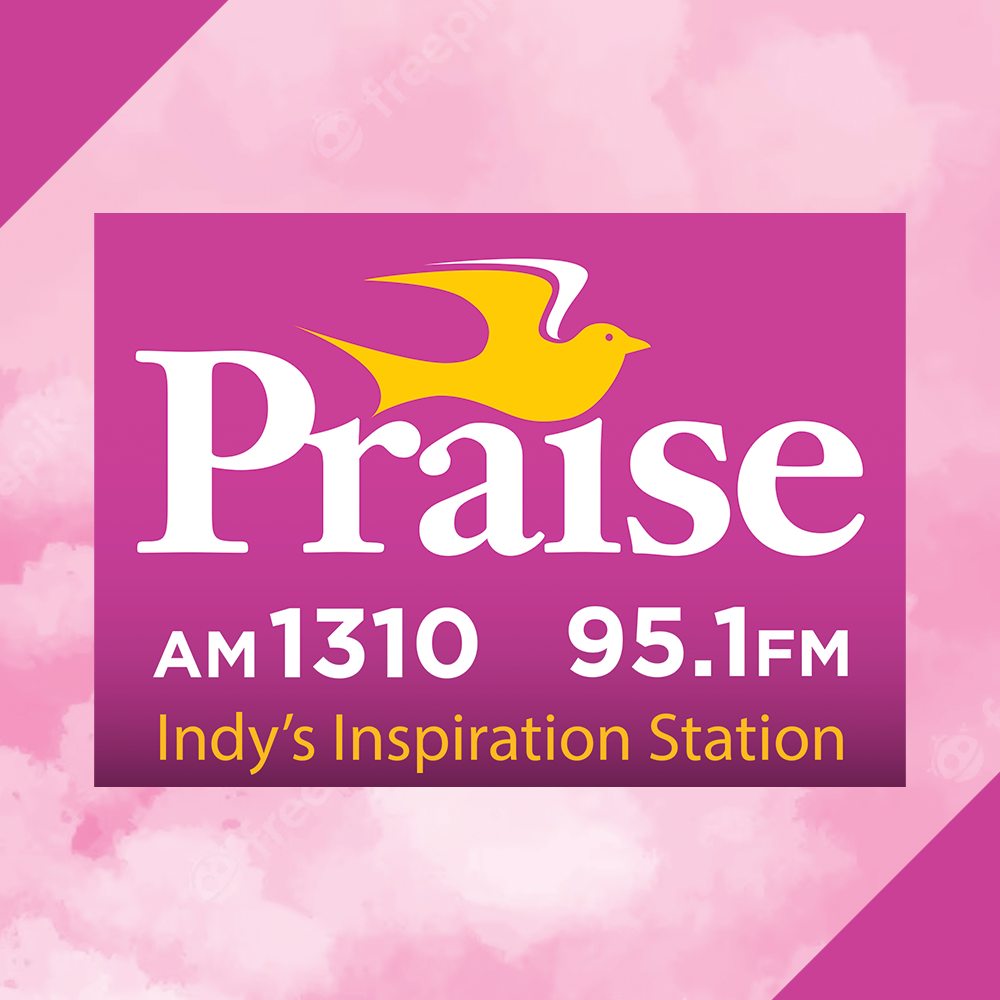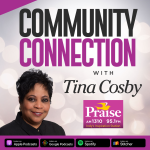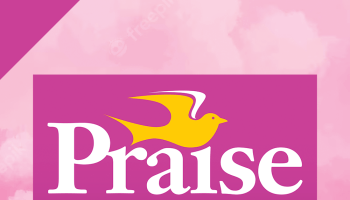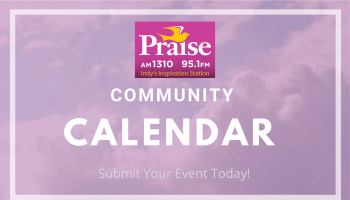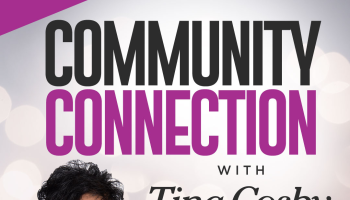Conan who?
Shaun White may still be rocking his gold, but the Peacock network is flaunting its own silver medal today, strutting like it just nailed a Double McTwist. In a sense, it did.
With almost 190 million Americans having watched Vancouver’s triumphs and tragedies, the 2010 Olympics drew the second-best TV ratings ever for a Winter Games, leading NBC Universal chief Jeff Zucker on Monday to declare it “one of the high moments in the history of this great company.”
The viewing masses, lured by Team USA’s podium potency, an epic hockey border war and emotional moments like a Canadian skater who somehow leaped beyond the gravity of her mother’s death, gave NBC a financial boon with more sparkle than Julia Mancuso’s tiara.
And the synchronicity of all that televised drama? Let’s just say that roughly two weeks ago NBC’s honchos were sweating — and sweating and sweating – like torch holder Wayne Gretzky on opening night.
In late January, NBC was so dogged by its Jay Leno/Conan O’Brien late-night fiasco, its shrinking prime-time audiences and the festering advertising downturn that the New York Times labeled it a network “in shambles.” Then, along came Bode and Lindsey and a scruffy goalie from Buffalo.
“It would be overstating it to say the Olympics saved NBC. But the Olympics were able to give credibility back to NBC,” said Bill Carroll, a vice president at the New York media-buying firm Katz Television Group. Thanks to the Games, millions of TV watchers “remembered that NBC existed,” he said.
| //
|
The cost for that brand re-awakening was fairly hefty. NBC paid $820 million for the rights to broadcast this year’s games. NBC Sports Chairman Dick Ebersol recently acknowledged that NBC could lose $200 million on its Vancouver coverage. Yet industry experts called the network’s spending a “wise” and “good investment.”
“They could not have known when they made the investment (in 2003) that they would need, in essence, what football players call a ‘Hail Mary’ pass,” Carroll said. At the end of the TV season, “they may not win the (ratings) game but they won’t be embarrassed.”
Over the two weeks of the Olympics, NBC’s prime-time telecasts twice beat FOX’s “American Idol” — the first time any program has outdrawn Simon Cowell’s scowl since May 2004. The only higher-rated Winter Games were the 1994 Olympics in Lillehammer, Norway.
Viewer attention on Vancouver was so intense that NBC began selling additional advertising slots as the games rolled on, said Peter Gardiner, a partner and chief media officer at Deutsch Inc., a New York ad agency representing some of those Olympic-commercial-buying companies.
“We saw and took advantage of opportunities during the games for some our clients,” Gardiner said.
“Even though it was probably a money loser for the Olympics on NBC network alone, it helped the overall network, the affiliates and the cable nets who carried the Olympics,” Gardiner said. “It also provided quite a trampoline from which to promote NBC shows.”
The timing could not have been better, as NBC is shifting to an all-new prime-time lineup this week after its decision in January to cancel Leno’s 10 p.m. show and return him to his late-night slot on “The Tonight Show.”
Almost 75 million people tuned into the Vancouver Games on NBC cable affiliates USA, CNBC and MSNBC — a record for any Winter Olympics in what Zucker called “a cross-company victory.”
In his all-hands letter, Zucker also noted that the sunny ratings numbers rose at a time when many consumers opted to follow the Olympics on the Internet instead of waiting for NBC’s taped coverage. NBC made real-time results and some video available on its NBCOlympics.com affiliated Web site.
“These Games were a great digital success, online and mobile, whether judged in unique visitors, page views, or video streams,” Zucker said in his memo. “I think we’ll look back on Vancouver as marking the point when mobile video finally lived up to its promise.”
Yet NBC’s tape-delayed programming decisions that turned off many Olympic fans, said Allen Vartazarian, co-founder of Taltopia.com, a social networking Web site for entertainers. He previously worked for NBC Universal in its strategic planning division.
“Viewers actually seem to have been extremely upset that (many of) the events were not shown live,” Vartazarian said. “Today, we live in a real-time society that demands instant access to information. By not showing (all) the events live, NBC set itself up for failure and viewer frustration. What’s the point of watching the men’s 500-meter speed skating final when you already found out that Apollo Ohno was disqualified?”
“NBC’s investment in the Vancouver games is a good step for their long-term recovery strategy, however, coverage of the games does not guarantee a comeback for the network in any way whatsoever,” Vartazarian said. “The network’s recovery will hinge on many more factors which must be addressed” — such as quality programming and better mobile presence and a keener grasp of the Web.
Indeed, a Twitter-generated survey of 2,698 Olympic viewers which found that, as of Feb. 28, 74 percent of the respondents disapproved of NBC’s coverage from Vancouver.
One respondent – “meatmanmike” – tweeted: “now that the Olympics are over, that slight urge to turn NBC on is gone. The Leno commercials were making me wince and gag.”
Not surprisingly, during Leno’s first week back in his old timeslot, the show is featuring appearances by White, Vonn and short-track star Apolo Anton Ohno.
“By the choice of those guests, they are able to do an extension of the Olympics,” said Carroll, of the Katz Television Group. “Not only was NBC helped by the Olympics themselves, they were helped by the timing of the Olympics.”
from msnbc.com
